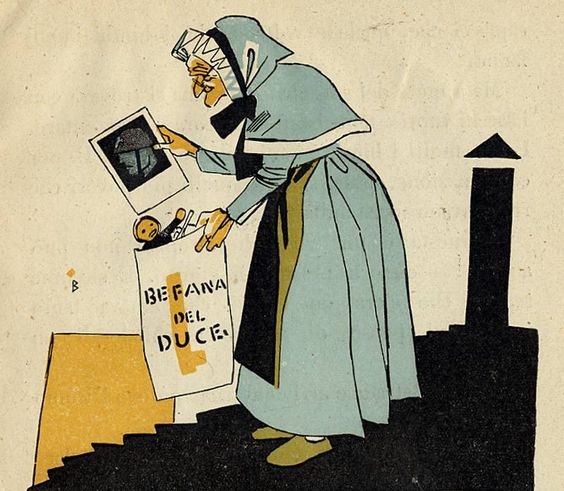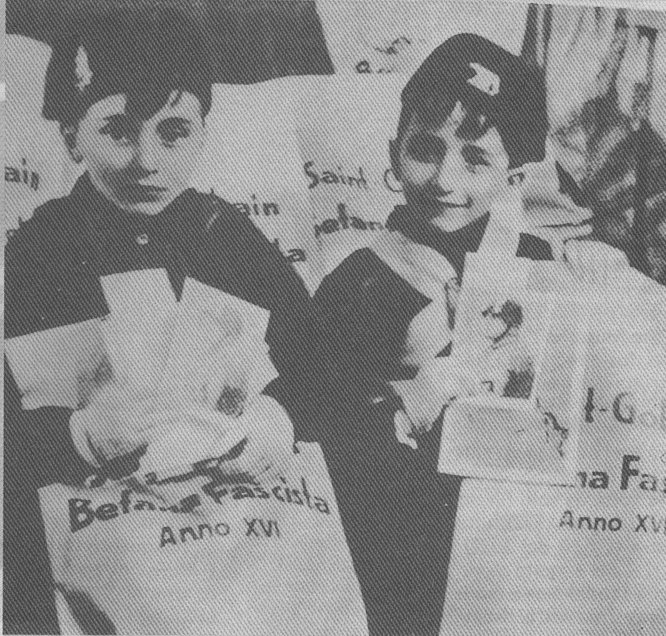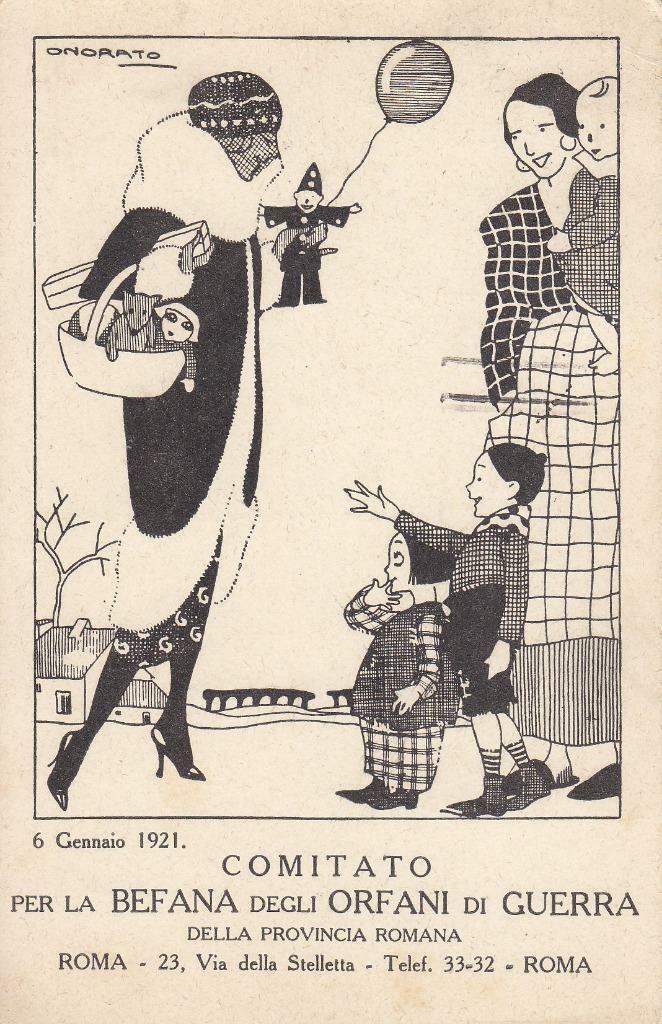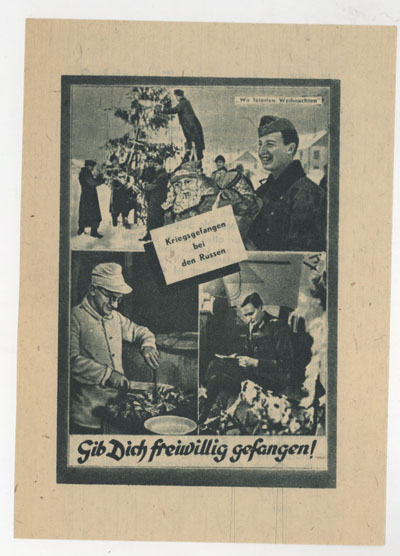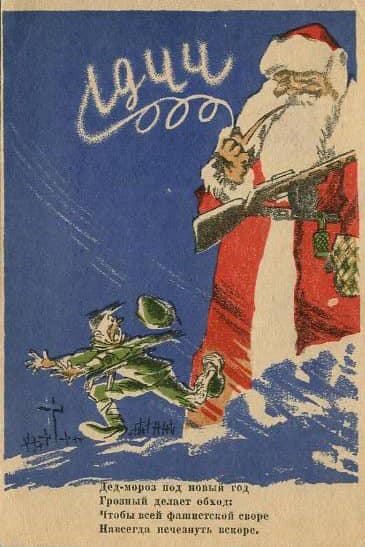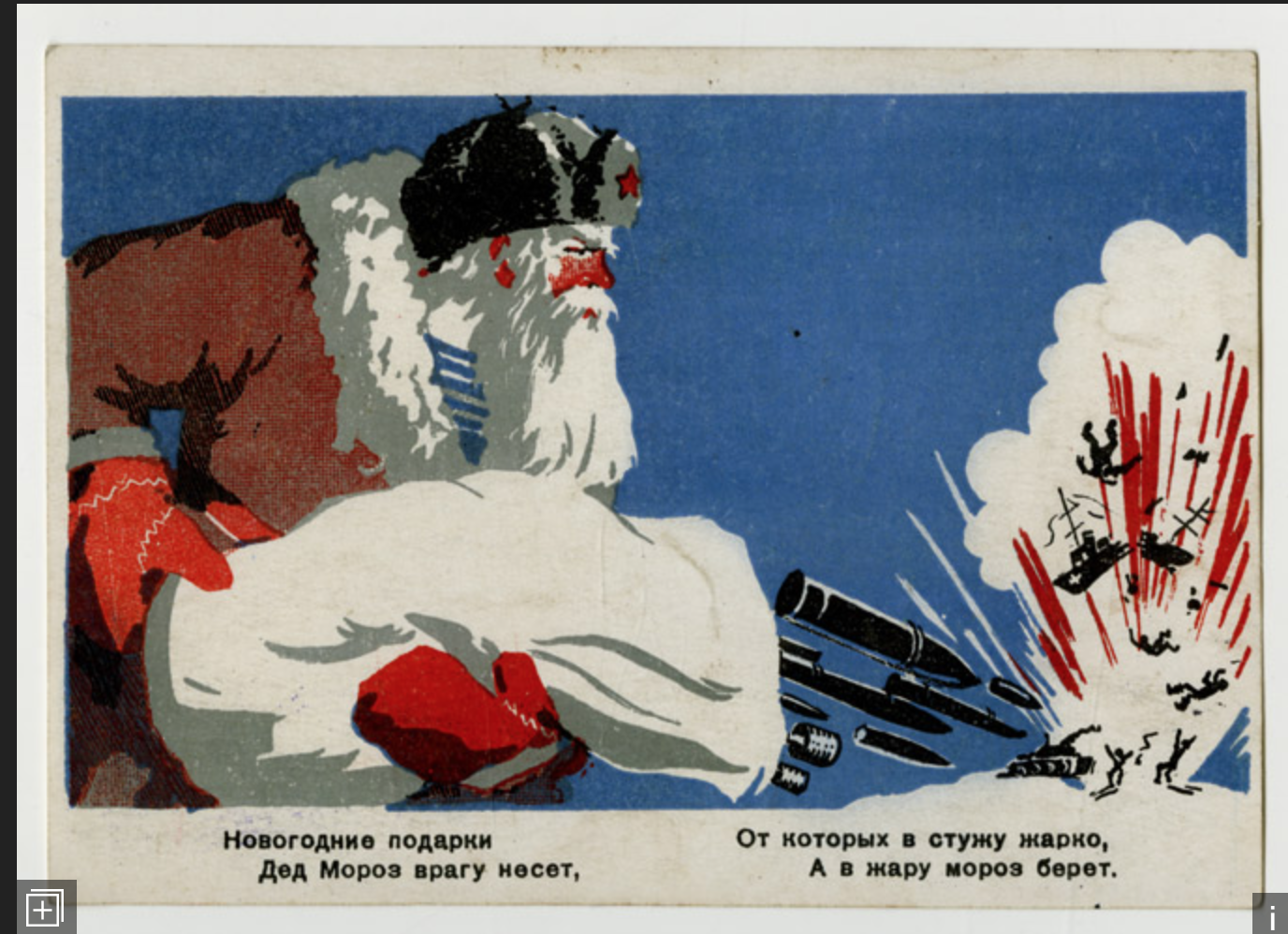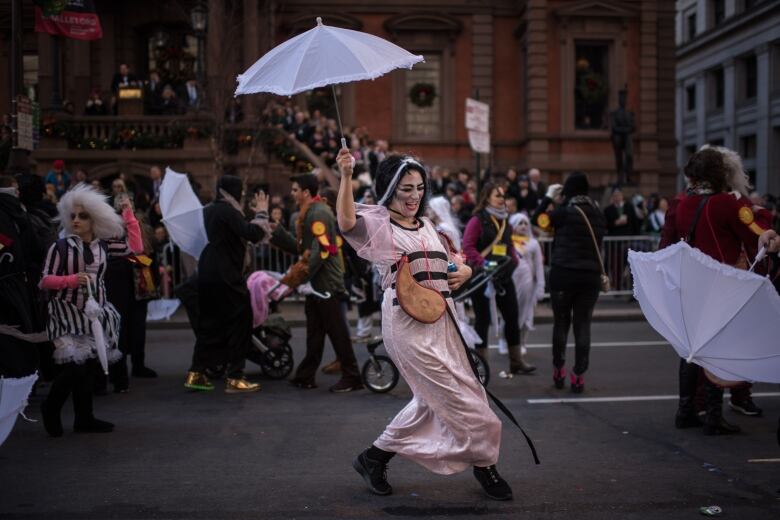
Christmas in Bulgaria shares many of the customs found among its east European neighbours such as the twelve-course meatless meal on Christmas Eve (which always includes the cheese pastry banitza), the central spot on the table for the large loaf of bread and the ancient customs of the Yule log and the ritual beatings with switches on New Year’s Day.
Unique to Bulgaria is the notion of celebrating Christmas twice — on December 25 and 26. During the Communist regime imposed after World War II religious holidays like Christmas were suppressed so the people cleverly invented a secular holiday which resembled Christmas and which was celebrated on December 26. With the fall of the Iron Curtain Christmas festivities can once again be held openly but the newer holiday has not been discarded
Bulgarians are great supporters of choral traditions and the custom of the koleduvane, Christmas Eve carol singing by troupes of boys, has lovingly been preserved. Dressed in colourful native costumes with embroidered shirts, fur hats and hooded cloaks the koledari go door to door to sing wishes of prosperity for the coming year. They are rewarded by home-owners with treats of pastry, fruit and other delicacies.
The Bulgarian version of the Yule log is called the Budnik. On Christmas Eve a young man chops down a pear, elm or oak tree which must be carried home without it touching the ground. When he reaches home, he engages in a call-and-response ritual with the family inside. Three times he will ask “Do you glorify the young god?” Three times the family responds with “We glorify him! Welcome”. Before being burned in the fireplace the log is filled with incense. In the morning, the fire will be extinguished with wine and the ash and charred wood will be used to bless the harvest for the coming year.

